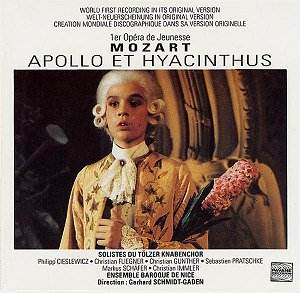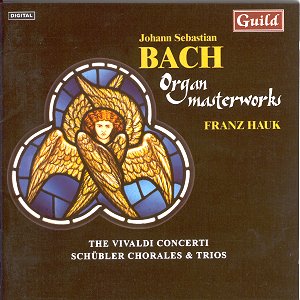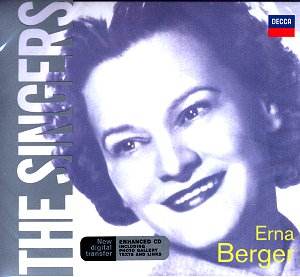 Composer: Wolfgang Amadeus Mozart
Composer: Wolfgang Amadeus Mozart
Works: Apollo et Hyacinthus
Performers: Markus Schäfer (tenor), Christian Fliegner (soprano), Sebastien Pratchske (soprano), Christian Günther (alto), Philipp Cieslewicz (alto), Christian Immler (bass)
Recording: DDD
Label: Pavane Records Prestige ADW 7236/37
Mozart’s “Apollo et Hyacinthus,” composed in 1767 when the composer was merely eleven years old, serves as an intriguing exploration of youthful exuberance and nascent genius. This opera, originally crafted as a school production for the Benedictine University in Salzburg, showcases a nascent Mozart grappling with themes of love and loss, rooted in Ovid’s mythological narrative. The work’s youthful origins are echoed in the decision of Pavane Records to utilize young soloists from the Tölzer Knabenchor, which offers a fresh perspective on this early gem.
From the outset, the performance under Gerhard Schmidt-Gaden’s direction presents a sound that is both historically informed and distinctively youthful. The orchestration, articulated through instruments reminiscent of Mozart’s era, yields a clarity and sharpness that—while sometimes bordering on thinness—mirrors the composer’s intention of a light-hearted, almost pastoral soundscape. Tempi often veer from conventional expectations, resulting in a refreshing unpredictability that reflects the work’s original context as a school production. The dynamics, as discussed by Schmidt-Gaden, are informed by the original manuscript, bringing an authenticity that is both commendable and challenging to the listener accustomed to more polished adult performances.
The ensemble of young vocalists presents an engaging contrast. Christian Fliegner, as Melia, emerges as a standout. His aria “Laetari, iocari” reveals a commendable control and expressiveness that belies his age, with coloratura passages executed with both vigor and grace. The occasional shrillness in his upper register is a minor caveat, quickly overshadowed by his overall commitment and vocal strength. The interplay between Fliegner and Markus Schäfer (Oebalus) is particularly noteworthy; their duet “Natus cadit” showcases a beautiful juxtaposition of timbres, enhanced by the recitative passages that allow for emotional depth and vocal color to flourish.
Christian Günther, portraying Apollo, commands attention with his wide vocal range, navigating the low alto lines with confidence. His execution in “Jam pastor Apollo” combines a solid foundation with expressive nuances, though there are moments where the demands of the coloratura seem to stretch his youthful voice. Nevertheless, the trio finale with Fliegner and Schäfer demonstrates a mature blend of voices that encapsulates the operatic spirit of collaboration inherent in Mozart’s work.
Sebastien Pratchske’s portrayal of Hyacinthus, while occasionally sounding underpowered, nevertheless finds a fine complement in Philipp Cieslewicz’s Zephyrus. Their dynamic effectively captures the contrasting innocence and deception central to the opera’s narrative. Pratchske’s aria “Saepe terrent Numina” has a rigid tempo that slightly stifles the lyrical potential, yet he compensates with commendable coloratura skills. Cieslewicz’s aria “En! duos conspicis” hints at the melodic lines and harmonic richness that would characterize Mozart’s later works, providing a tantalizing foreshadowing of his evolving style.
The recording quality itself is commendable, with a clear and well-balanced sound that allows each voice and instrument to shine. The engineering captures the youthful exuberance of the performers while maintaining a spaciousness that enhances the listening experience. However, the booklet’s format presents minor logistical challenges, such as the absence of simultaneous libretto translations, which could hinder accessibility for some listeners.
The performance presents an insightful lens through which to view Mozart’s early compositional style, revealing the roots of his later masterpieces. This recording does not merely serve as a curiosity; it stands as a significant contribution to understanding the evolution of Mozart’s artistry. Collectors and aficionados alike will find value in this interpretation, which, while different from the adult-centric Philips recording, offers a distinct and illuminating experience of “Apollo et Hyacinthus.” This CD is essential for those wishing to explore the breadth of Mozart’s youthful genius, setting a benchmark for future interpretations of this charming work.



